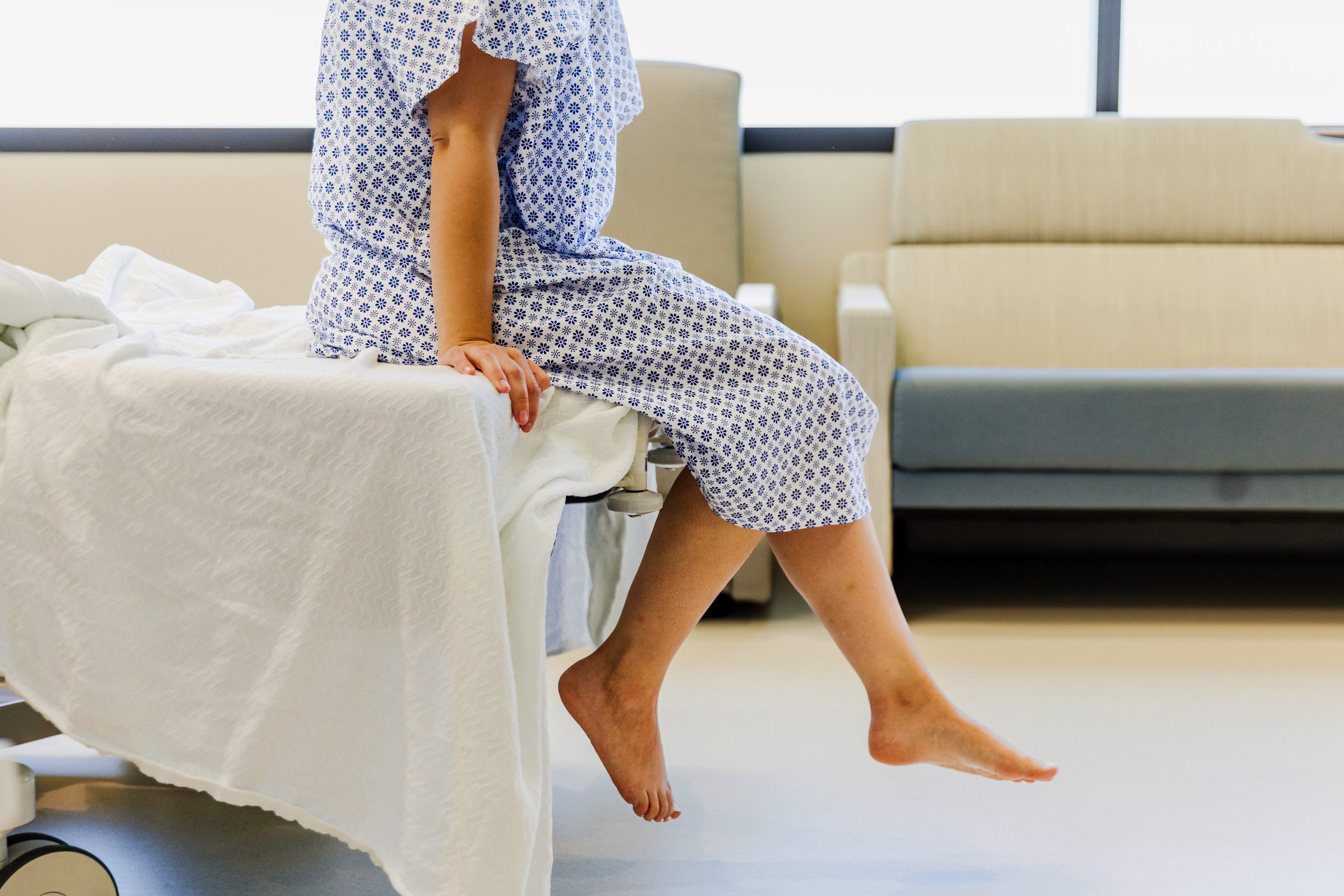It looks out for a common diagnosis that's associated with close to 10 cancer types. Here are the guidelines national experts are recommending.

Over 30? This Cancer Screening Should Now Be “Standard” for You, Say Expert Doctors

 Via AQA
Via AQA
Best Samsung Product
Samsung Capsul Coffee Maker
Lorem ipsum dolor sit amet, consectetur adipiscing elit
Every year, doctors diagnose more than 11,000 new cervical cancer cases, and roughly 4,000 patients die from the disease. However, national data suggests more than 90% of those cases could be eliminated by preventing the spread of the human papillomavirus (HPV), a group of over 150 viruses.
HPV infects both males and females and, according to the CDC, can also contribute to risk for cancers of the penis, anus, vagina, vulva, throat, tongue, and tonsils.
According to the Centers for Disease Control and Prevention (CDC), “nearly everyone who is not vaccinated against HPV will contract the virus at some point in their lives.” Though it is most often sexually transmitted, it is also possible to get HPV through other types of skin-to-skin contact.
That’s why a December 2024 draft recommendation statement by the U.S. Preventive Services Task Force (USPSTF) is now emphasizing the importance of HPV testing for all women aged 30 and older. In fact, this is now considered “standard” and the “preferred screening strategy.”
“The USPSTF recommends screening for cervical cancer every 3 years with cervical cytology [pap smear] alone in women ages 21 to 29 years, and then every 5 years with clinician- or patient-collected high-risk human papillomavirus (HPV) primary screening in women ages 30 to 65 years,” the health authority writes.
Task force member Dr. Esa Davis, MD, MPH, who is also a professor and senior associate dean for population health and community medicine at the University of Maryland in Baltimore, recently told CNN: “We are highlighting that HPV screening, as the primary screening for women ages 30 to 65, is the best balance between the benefits and the harms in finding cervical cancer, and that should be offered first and when available,”
To perform a pap smear, a credentialed healthcare professional administers a brush to collect cells from the cervix, which is located at the base of the uterus. They then send the sample for lab analysis. (In some cases it is also possible to self-collect your own sample, using a swab and instructions provided by your doctor.)
HPV vaccination is another advisable practice to prevent cervical and these other cancers. According to the Advisory Committee on Immunization Practices (ACIP), a branch of the CDC, the HPV vaccine is recommended for routine use at age 11 or 12 years, but can be administered starting at age nine. Patients can receive routine vaccination at any time after that, up until reaching the age of 26. After that until age 45, your doctor may assess your need for vaccination on a case-by-case basis. “For adults ages 27 through 45 years, clinicians can consider discussing HPV vaccination with people who are most likely to benefit,” the CDC notes.
Once a leading cause of cancer deaths, cervical cancer is now among the most preventable cancer types—thanks largely to advancements in HPV vaccination and routine screening, according to experts.
For daily wellness updates, subscribe to The Healthy by Reader’s Digest newsletter and follow The Healthy on Facebook and Instagram. Keep reading:
- Should You Get the HPV Vaccine as an Adult? Here’s What Leading Doctors Suggest
- Women’s Choice in a Partner Has Been Linked with Higher Cancer Survival in a New Study
- New Research: Being Overweight Increases the Risk for These 2 Cancers
- 75% of People With Autoimmune Disease Have This In Common, New Study Finds


















